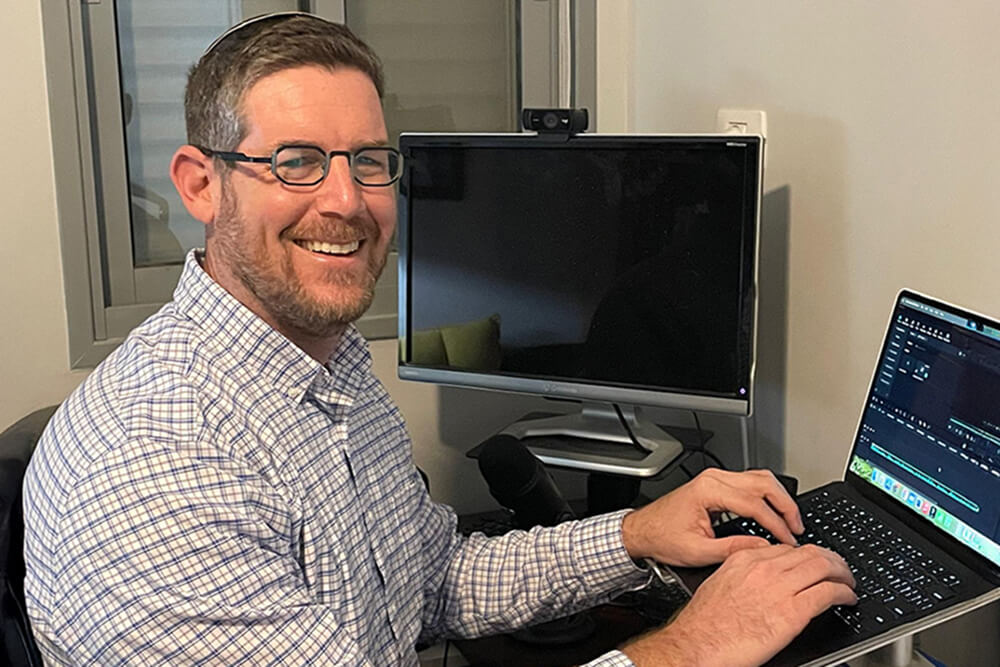Merging Healthcare and Entrepreneurship to Change Lives
School of Health Sciences (SHS) Alum Uses Physical Therapy and Industrial-Organizational (I-O) Psychology Training to Impact Patient Care

SHS alum Ari Ginsberg shares how he combined his love of psychology and healthcare to build a business that is tackling burnout and improving patient provider communication.
You started your professional career as a physical therapist and then earned your master's in I-O. What led you to pivot to industrial psychology?
I’ve always been fascinated by psychology and was intrigued by its value in enhancing healthcare provider-patient communication. In fact, what I recognized as a physical therapist was that my communication with patients was equally important to their success as my clinical skills. I started giving presentations on the topic of using psychology to enhance the patient experience. I decided to get my master’s degree in I-O psychology to increase my base of knowledge and expand my course content. After earning my degree, I also started giving workshops on burnout prevention, emotional intelligence and psychological safety.
How did you transition from working as an employee to becoming an entrepreneur?
At first, I worked as a home health physical therapist in New Jersey while building my business. I continue to build my business and expand the offerings I provide to my clients.
Can you describe the mission of Communicatient, the company you founded? Who are your clients?
My mission is to provide healthcare organizations with workshops and ongoing education to help enhance the patient experience, reduce burnout and improve emotional intelligence. My clients are U.S. healthcare organizations and I’ve been fortunate to work with many in the last couple of years.
How do you bridge your physical therapy and I-O training in your current role?
I use my experience as a physical therapist to add context and real-world stories to support the information I am providing in my workshops. My I-O training has helped with the conceptual aspects of my educational content. For example, if I give a workshop on emotional intelligence in healthcare, I draw from experience as well as content I’ve learned while pursuing my master’s degree.
What do you feel is the biggest challenge facing healthcare professionals today?
Burnout is a huge factor. Healthcare providers feel overwhelmed with the demands placed on them. They also feel underpaid for the tremendous workloads they carry. I offer workshops that both teach providers how to reduce their burnout as well as collect information from providers on how their organization can better address burnout. I then summarize the data and present ideas to organizational leaders on how to tackle burnout.
How did your education in Touro’s I-O program help propel your career?
Touro helped me build my knowledge base and provided me with some great experiences. It also helped me gain confidence that I could pursue this path. I learned how to successfully analyze data in my I-O program as well as work on my presentation skills.
What is the professional achievement you are most proud of?
I am most proud of teaching and positively impacting thousands of healthcare providers through the workshops I’ve offered. I’m also proud of my evolution and adaptation to using newer technologies, like using AI avatars and 2D animation software to develop exceptional educational content.

